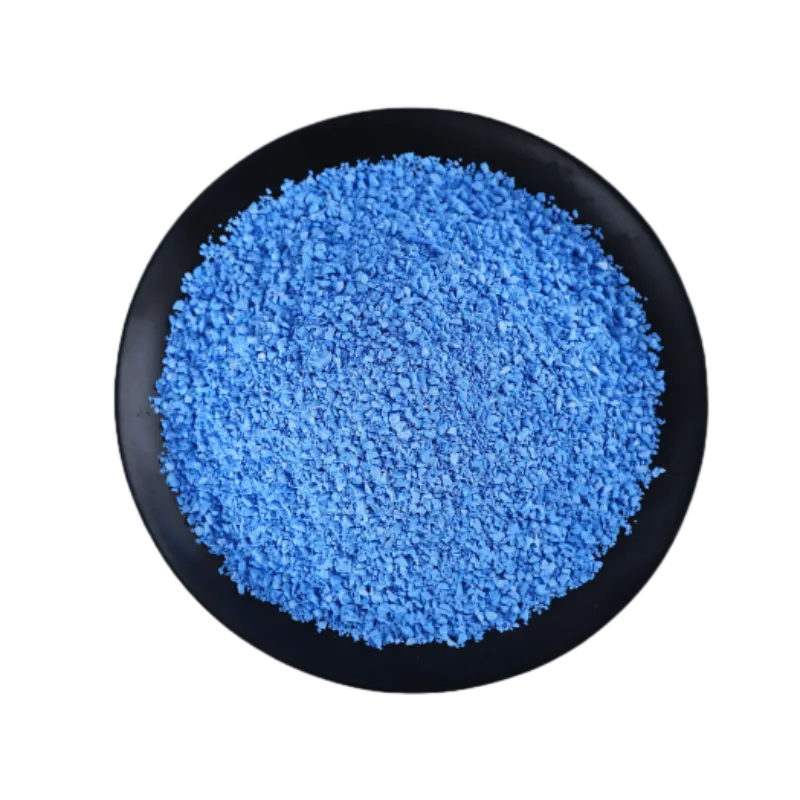
Dec . 05, 2024 15:07 Back to list
how long does a tin roof last
How Long Does a Tin Roof Last?
Tin roofs have long been a popular choice for roofing materials due to their durability, cost-effectiveness, and aesthetic appeal. But how long can you expect a tin roof to last? The answer varies depending on several factors, including the type of tin used, environmental conditions, and maintenance practices.
Lifespan of Tin Roofs
Typically, a properly installed tin roof can last anywhere from 20 to 50 years. However, many homeowners report their tin roofs lasting much longer with correct maintenance. The type of tin—often a galvanized steel or aluminum coated with protective finishes—plays a significant role in durability. Galvanized steel, for example, is treated with a zinc coating that helps resist corrosion and rust, significantly extending its lifespan.
Factors Affecting Longevity
1. Material Quality The quality of the tin or metal used is crucial. Higher-quality materials will often have longer lifespans. For instance, aluminum roofs can last up to 50 years or more, while less expensive materials may not provide the same longevity.
2. Installation Proper installation is vital for maximizing the lifespan of a tin roof. An improper installation can lead to leaks and other issues, ultimately reducing the roof's durability. It’s important to hire experienced professionals for installation to ensure that the roof is securely fastened and sealed.
3. Environmental Conditions The local climate plays a significant role in the lifespan of a tin roof. Homes located in areas with extreme weather conditions, such as heavy rain, snow, or intense UV exposure, may experience faster deterioration. Additionally, coastal areas with salty air can accelerate corrosion unless appropriate materials are used.
4. Maintenance Regular maintenance can significantly impact the longevity of a tin roof. Routine inspections for rust, dents, and loose or damaged panels can help catch issues early before they lead to more significant problems. Cleaning the roof of debris, leaves, and dirt can also prevent water pooling and subsequent rust.
how long does a tin roof last

5. Temperature Fluctuations Extreme and fluctuating temperatures can affect a tin roof's lifespan. Metals expand and contract with temperature changes, which can lead to fatigue over time. Selecting high-quality materials and ensuring proper installation can help mitigate these effects.
Advantages of Tin Roofs
Despite the potential for wear and tear, tin roofs offer many advantages that contribute to their lasting appeal
- Energy Efficiency Tin roofs are highly reflective, which can help keep homes cooler in summer and reduce energy costs.
- Eco-Friendly Many tin roofs are made from recycled materials and are themselves recyclable at the end of their lifespan, making them an environmentally conscious choice.
- Fire Resistance Being non-combustible, tin roofs provide a layer of fire resistance, enhancing the safety of your home.
- Aesthetic Versatility Tin roofs come in a variety of colors and designs, making them suitable for various architectural styles.
Conclusion
Overall, when well-maintained and properly installed, tin roofs can last between 20 and 50 years or even longer. Homeowners should consider the quality of materials, installation methods, local climate, and regular maintenance efforts to make informed decisions about their roofing options. Investing in a durable tin roof not only enhances the home’s aesthetic appeal but also ensures long-term protection and value.
-
Durable Laminated Shingles for Weather-Resistant Roofing
NewsJul.21,2025
-
Rubber Roofing Shingles - Durable & Weatherproof SBS Rubber Asphalt Shingles for Homes & Businesses
NewsJul.08,2025
-
Crest Double Roman Roof Tiles – Durable, Stylish Roofing Solution at Competitive Prices
NewsJul.08,2025
-
T Lock Asphalt Shingles Durable Roofing Solution for Long-lasting Protection
NewsJul.08,2025
-
Top Stone Coated Metal Roofing Suppliers & Manufacturers Durable Stone Coated Metal Tile Solutions
NewsJul.07,2025
-
How Many Bundles of Asphalt Shingles in a Square? Fast Roofing Guide & Tips
NewsJul.07,2025







